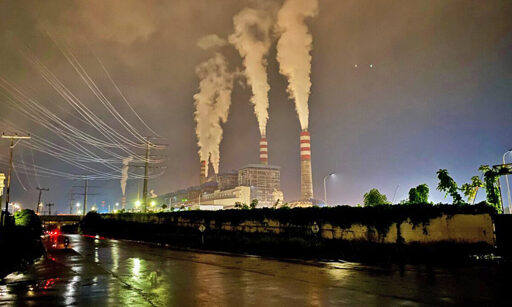BELÉM, Brazil — As governments debate how to mobilize trillions of dollars in climate finance, Indonesia is using the COP30 climate summit in Brazil to aggressively promote its carbon market — a system that experts say remains dogged by weak rules, questionable integrity, and uncertain climate benefits. Inside the packed Indonesian pavilion in Belém, carbon trading dominates the agenda. On Nov. 10, Environment Minister Hanif Faisol Nurofiq opened the pavilion by instructing his delegation to push hard for Article 6, the Paris Agreement mechanism that enables countries to trade carbon credits. “Whenever you enter negotiation rooms, don’t forget to convey our mission. We are serious in pushing for the implementation of Article 6,” he told officials. Indonesia, he added, should return home “with commitment [from other parties to buy] carbon credit that’s quite high [from that of other countries].” Beginning Nov. 11, the government launched a daily “Sellers Meet Buyers” session, where Indonesian state-owned companies and private project developers pitch credits to international investors. Hanif invited foreign companies to join Indonesia’s bid to “lead the global carbon market.” The commercial momentum continued on Nov. 13, when Indonesia and Norway signed a nonbinding expression of intent that could allow Norway to buy credits generated from Indonesia’s grid-connected renewable energy projects under Article 6.2. The revenue, Indonesia says, will fund floating solar installations. The government’s ambitions are enormous. It claims 13.4 billion metric tons of carbon dioxide equivalent in potential carbon credits. If accurate, this would make Indonesia one of the biggest…This article was originally published on Mongabay
From Conservation news via this RSS feed


